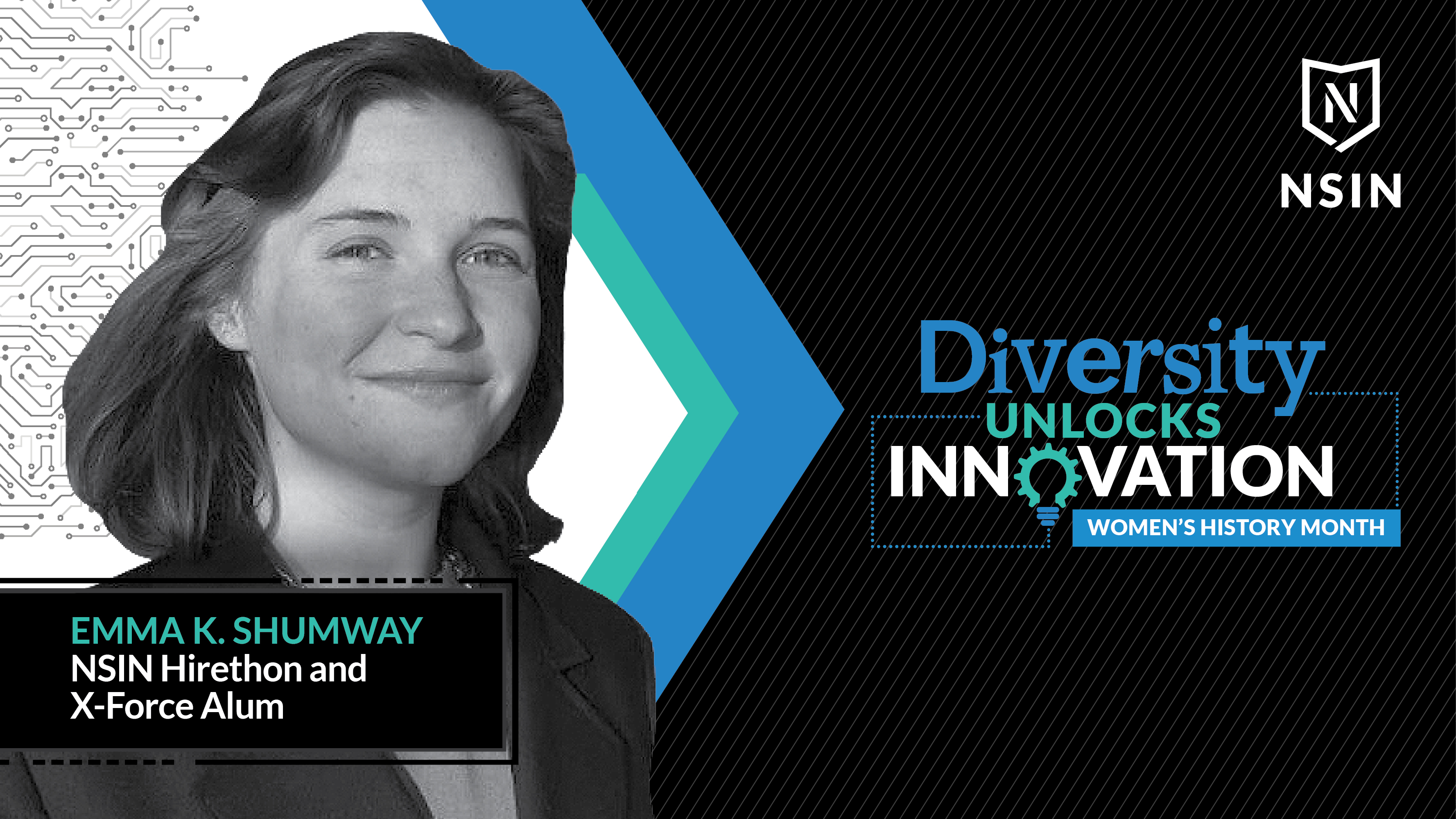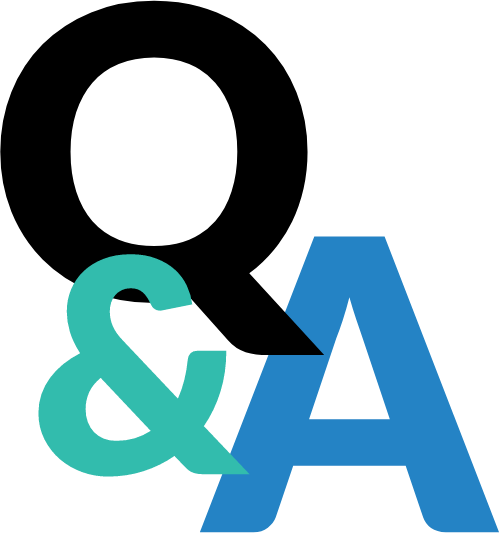
Emma K. Shumway - Emerging Leader


NAME: Emma K. Shumway
NSIN AFFILIATION: NSIN Hirethon and X-Force Fellow Alum
AFFILIATION: Operations Research Analyst - Air Force Inspection Agency
STATE: New Mexico
Q: What inspired you to explore the national security community? Do you have a connection to the Military/Government Service?
When I started to explore what I wanted to do for a career late in high school, I found a real passion for history and thought about how I could apply that to be most effective today. I decided that meant being a part of history, integrating myself into the decision making structures that define what the next generations will look back as moments in history. I have a strong military history in my family, but it’s always been the men in my family. I wanted to kind of set an example by stepping into this space and make both my family and my country proud in a way that was unique to me and my passions.
Q: As a woman, how is the national security community different for you?
I think traditionally the defense field is very tied in with masculinity. It’s kind of tied in with these ideas of the man having to be the strong one, the one who defends lady liberty. But if we choose to look in the right places, we see a very distinct model of strong femininity throughout American history. Even in the traditional dichotomy of men and women, women were expected to stay at home and take care of (some might even say protect) the affairs of the home. I’d like to interpret that through a lense of strong femininity: women in the defense field are dedicated to the ultimate task of defending our homes, or rather, our homeland. In a lot of other places in life, I’ve seen structural expectations for women to be weak and reliant, but in the national security field, there is a very strong expectation for everyone to be brave, innovative, and problem solvers. There really is no room for the concept of feminine weakness in the national security community. I really enjoy the opportunity to get away from being told what it means to be a woman, and instead be able to live out, as a demonstration, what it means to be a woman.
Q: What legacy do you want to leave for the next generation of women professionals in the innovation ecosystem?
I want to make sure that people know that it’s okay and normal for women to be sitting at the table. I think a lot of people have views towards women that are not necessarily malicious, but that are just outdated. It’s a product of our history and of our society. I want to be an example of a new model: a hard-worker, a deep-thinker, and a valuable asset to the national security community.
Q: Do you remember a moment when you saw a difference for women in the professional world? What do you remember? How did it impact your work?
I have only been in the professional field for a little over a year, but one thing I have noticed is the very small population size of women in national security. It is a very unique feeling to be sitting at a table of generals and other experienced military folks and have the distinct realization that you are the only woman at the table. I feel like I have an amazing opportunity to show the passion and capabilities of a largely underrepresented group in this community. Being the only woman at the table drives me even harder to prove myself in a positive way. Sitting at those tables and in those meetings, I know that I am, in a sense, a character representative for women all across the country. It makes me want to work harder, not because I feel like I have to to prove myself, but because I know that I have the opportunity to do something that my grandmother and all generations preceding her could not do.
Q: What books, podcasts, or thought leaders do you recommend when it comes to Women’s History Month and understanding the issues facing women in the workplace?
I really enjoyed reading Meg Jay’s “The Defining Decade” about being a 20-something trying to craft out a niche for yourself in the workplace and in life. For podcasts, I just try to keep up with the news to make sure I stay relevant at my job, usually I listen to NPR’s podcasts about world affairs. It's really important in this community to understand what's going on in the world, in both big ways and small ways.